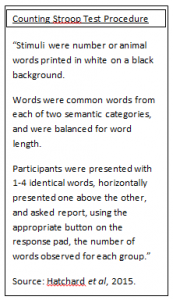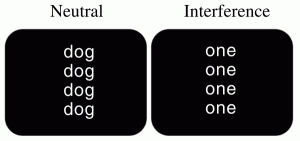Heavy alcohol consumption in young adolescents whose brains are

still developing has been shown to have negative effects on cognitive function, showing damage to be permanent, particularly in the areas of the brain responsible for “executive functioning” or working memory, reasoning, task management, and other cognitive functions.
While most studies tend to focus on heavy or binge drinking, few have focused primarily on low to moderate amounts of alcohol and effects on the younger adult brain.
A new study published in the journal Alcohol aimed to determine the effect of low-level alcohol consumption in young adults on cognitive  processing, using novel fMRI methods.
processing, using novel fMRI methods.
This study used data from 29 young adults enrolled in a 20 year from birth through young adulthood cohort. Participants did not do drugs and they did not suffer from any cognitive development issues. The number of alcoholic drinks consumed per week was determined for each participant using questionnaires.
To be sure participants were not under the influence of drugs or alcohol before

the MRI procedure, urine tests were performed.
During the MRI procedure, the Counting Stroop cognitive test was performed.
Important Findings:
- Participants who consumed low levels of alcohol on a regular basis performed significantly different on the Counting Stroop test than non-drinkers.
- MRIs of drinkers showed increased activity in the cerebellum, thalamus, fusiform gyrus, prefrontal cortex, and precuneus.
- The part of the brain most different between the two groups was the left fusiform gyrus.
The results of this study indicate that even with low-level alcohol consumption, there appear to be significant differences in brain activation and cognitive performance in young adults. Specifically, several areas of the brain were more activated in drinkers compared

with non-drinkers, with the left fusiform gyrus being the part of the brain with the greatest differences.
The authors of this study suggest that since the fusiform gyrus is primarily responsible for visual object processing, that perhaps drinkers needed to try harder to focus on the task than non-drinkers, thus showing a greater activation in that area on the MRI.
Overall results indicate that even low-level alcohol consumption at a young age impacts brain development and neurocognitive functioning.
Source:

